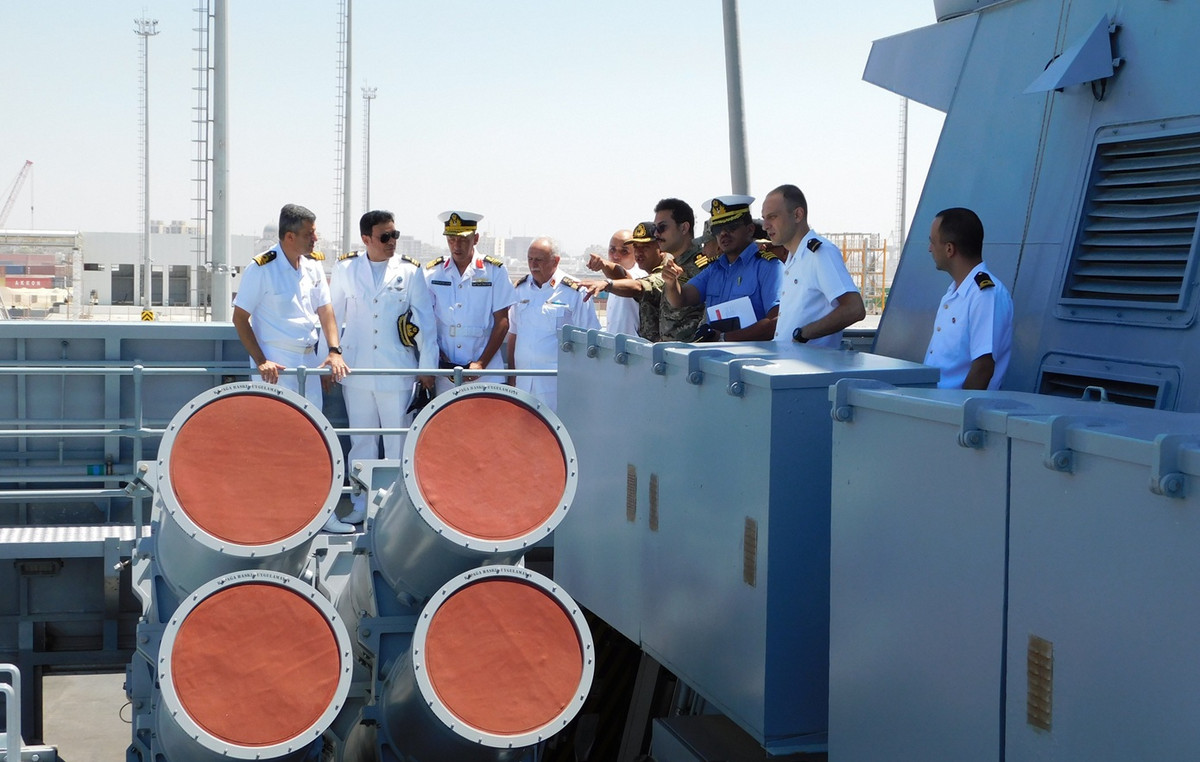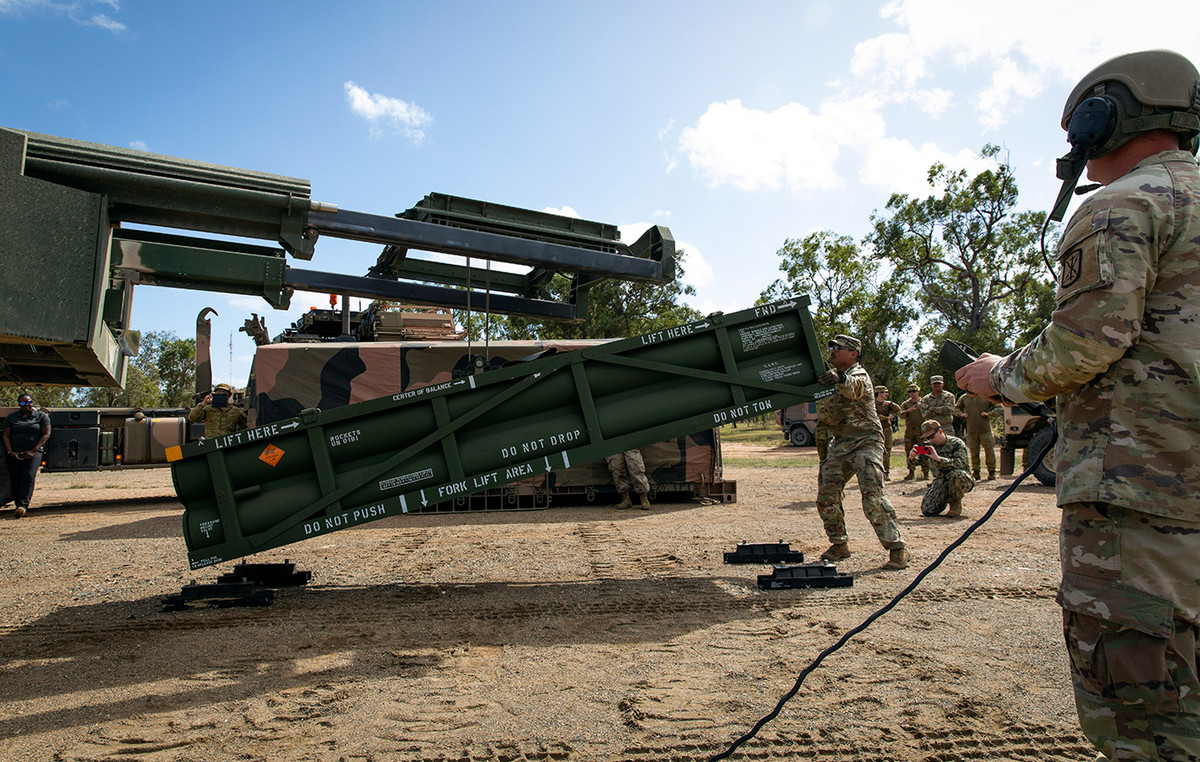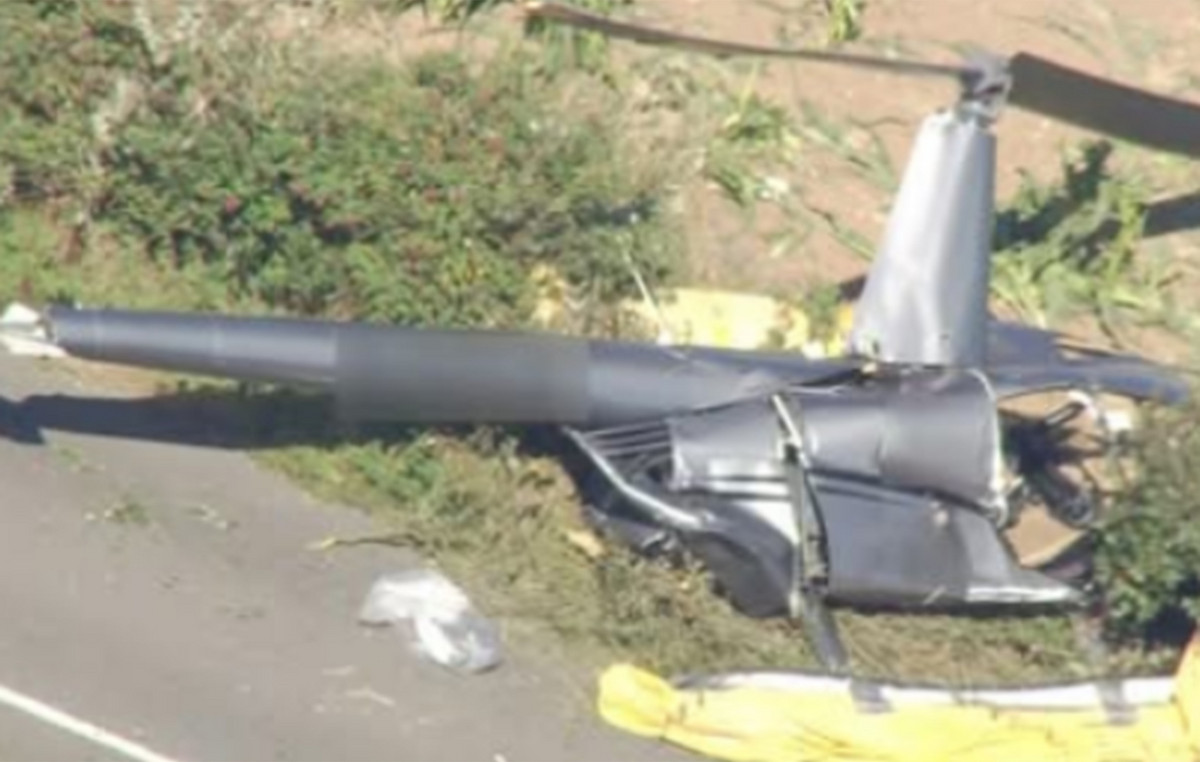Less than 48 hours after dinner with a negotiator sent by Russian President Vladimir Putin in Washington last week, Steve Witkoff, the US special envoy that leads negotiations with Moscow, sat with President Donald Trump in the White House and broadcast a clear message.
The fastest way to intermediate a ceasefire in Ukraine, Witkoff said, was to support a strategy that would give Russia the possession of four Ukrainian regions that tried to illegally attach in 2022, two American authorities and five people familiar with the discussions told Reutes.
This is a point that Witkoff had already defended previously – and publicly in a podcast interview with conservative Tucker Carlson media last month – but the Ukrainian government has repeatedly rejected and some American and European authorities discard as a maximalist Russian demand.
At the meeting with Trump, General Keith Kellogg, sent from the president to Ukraine, countered Witkoff, saying that Ukraine, although willing to negotiate some terms related to the disputed territories, would never agree to give in unilaterally the total possession of these territories to Russia, two of the sources said.
The meeting ended without Trump making a decision to change US strategy. Witkoff traveled to Russia this Friday (11) to meet Putin.
Trump government authorities are increasingly in disagreement on how to break the impasse between Ukraine and Russia, with Witkoff and Kellogg – which favors a more direct support to Ukraine – disagreeing with the best way to follow, according to US officials and four western diplomates.
Witkoff’s Office, the National Security Council, the State Department, the Ukraine Foreign Ministry and the Russian embassy in Washington did not respond to comments requests.
In a break with normal security procedures, Witkoff invited Kirill Dmitiev, the Russian envoy under US sanctions after Russia’s invasion to dinner at his personal residence before the White House meeting.
This fired the alarm inside the White House and the State Department, according to two people familiar with the situation. American authorities avoid receiving Russian authorities in their homes – which has sophisticated intelligence resources.
Dinner was rescheduled and instead was held at the White House.
Witkoff, an old friend of Trump who helped secure important diplomatic victories for the president, has achieved some support from the Republican party skeptics of Ukraine, but his proposals caused indignation among other Republicans who believe the government has become very sharply to Moscow.
Some republicans in Congress were so concerned about the apparent pro-Russian posture of Witkoff in an interview with Carlson that several of them called the National Security Counselor, Mike Waltz, and to Secretary of State Marco Rubio, to complain, according to a person familiar with the calls.
Since taking office in January, Trump has changed US foreign policy by pressuring Ukraine to agree with a ceasefire and at the same time flexing many of the measures that the Biden government had adopted to punish Russia for a large-scale invasion by 2022.
Some American and European authorities fear that as Witkoff follows Trump’s strategy, Russians are taking advantage of their lack of experience at the negotiation table, according to authorities and more than a dozen other people familiar with internal government deliberations, including Western diplomates.
“Witkoff needs to leave, and Rubio needs to take his place,” said a letter from March 26, Eric Levine, an important republican donor. The letter, sent to a group that includes republican donors and seen by Reuters, was written after the interview with Carlson and an appearance at Fox News, and criticized Witkoff for praising Putin.
Trump has repeatedly said that he wants to intermediate a ceasefire in Ukraine until May, arguing that the US should end a conflict that has killed thousands of people and risks direct confrontation between the US and Russia with nuclear weapons.
But two partial ceasefire agreements-one on the energy infrastructure and one in the Black Sea-were interrupted and the president was frustrated with the lack of progress.
This content was originally published in Trump’s entered adhesion to Russian Demands worries Republicans on the CNN Brazil website.
Source: CNN Brasil
Bruce Belcher is a seasoned author with over 5 years of experience in world news. He writes for online news websites and provides in-depth analysis on the world stock market. Bruce is known for his insightful perspectives and commitment to keeping the public informed.







